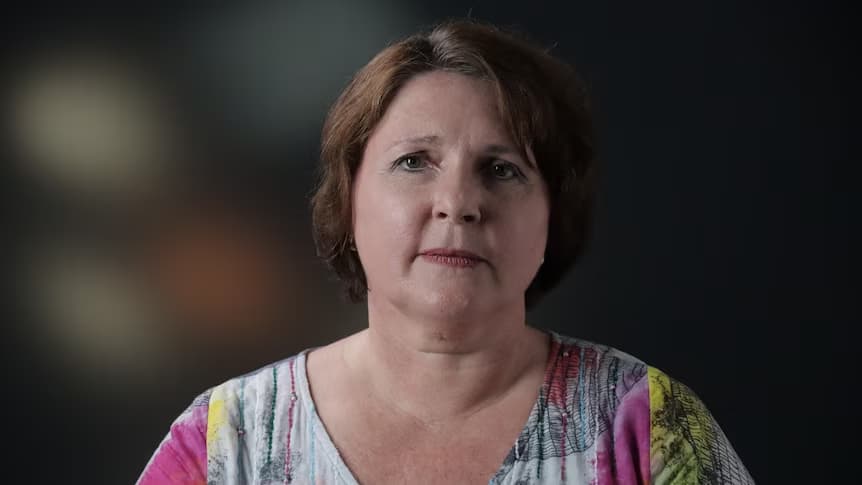DARWIN, NT — Northern Territory’s Public Guardian Beth Walker is calling for increased funding to ensure that adults are not placed under guardianship orders unnecessarily. This plea comes in light of concerns that some individuals, especially Indigenous Australians, may be subjected to culturally biased assessments.
A case reported by the ABC involved an Aboriginal woman with a traumatic brain injury living in poverty while under financial guardianship. She was subjected to a cognitive test with culturally insensitive questions, highlighting the potential for misdiagnoses among Indigenous people.
Walker attributes this issue to the scarcity of allied health professionals capable of conducting appropriate assessments in the NT. “The risk of unnecessary guardianship is a serious concern, as it impacts human rights,” she stated.
As the Public Guardian, Walker oversees the management of personal and financial affairs of adults with impaired decision-making capacities due to various disabilities. Since establishing her office in 2016, the guardianship numbers have surged, creating a significant demand on resources.
Walker notes that the NT government’s funding for the Office of the Public Guardian and Trustee has remained largely unchanged. Three-quarters of the adults under care identify as Indigenous. Walker’s top priority is to form an Aboriginal team within the office, focusing on quality, customer service, engagement, and education.
She estimates that an additional $4 million to $6 million is necessary to meet current demands and implement innovative practices.
Motor vehicle accidents and violence are cited as key factors leading to brain injuries and the need for guardianship in the NT. A health law expert, Terry Carney echoes Walker’s concerns, noting that underfunding public guardians and tribunals is a national issue exacerbated by Australia’s aging population.
In response to these challenges, Australian Psychological Society president Catriona Davis-McCabe stresses the importance of using culturally appropriate cognitive screening tools administered by trained health workers.
The offices of Attorney-General Chansey Paech and Disabilities Minister Ngaree Ah Kit have been contacted for comment.


